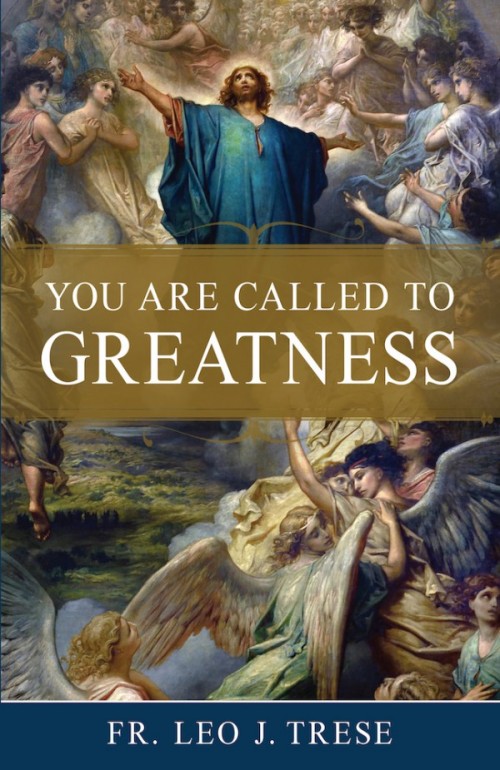Acting According to Right Reason
The word “prudence” has fallen into some degree of disrepute in our day. The old admonition, “Let your conscience be your guide,” has given way to the modern shibboleth, “Follow that impulse!” If you feel that something is right for you to do, go ahead and do it. Don’t let yourself be hamstrung by the […]



The word “prudence” has fallen into some degree of disrepute in our day. The old admonition, “Let your conscience be your guide,” has given way to the modern shibboleth, “Follow that impulse!” If you feel that something is right for you to do, go ahead and do it. Don’t let yourself be hamstrung by the dictates of reason. So runs the personal philosophy, if it can be called that, of a great number of our contemporaries. One evidence of this fact is the increasing casualness with which marriages are made and broken. Ignoring all responsibility to God or to children, men and women move on, via the divorce court, from one infatuation to the next. For them, reason has been dethroned in favor of emotion. The prudent person is not a slave to emotion, but neither is he a timid or excessively cautious individual. The virtue of prudence is simply the habit of acting according to the principles of right reason. Prudent behavior is rational behavior, as distinguished from impulsive behavior. A prudent person weighs the consequences—to himself and others—of his actions before making a decision. He acts not on the basis of what he feels like doing, but in the light of what, all things considered, he ought to do.
Prudence is the hallmark of genuine maturity. Invariably, the person who “never grew up” is lacking in prudence. Prudence may be either a natural or supernatural virtue. Natural prudence is principally concerned with matters temporal. You practice natural prudence when you lock your doors at night to keep out thieves. You are similarly prudent when you keep your credit good by paying your bills promptly. Natural prudence is an acquired virtue. It is acquired through experience—our own experience and that of others. We learn especially through our mistakes. Having done something foolish, with regrettable results, we are careful (if we are intelligent) not to repeat that same foolish action. Supernatural prudence, however, cannot be acquired. With the other cardinal virtues of justice, fortitude, and temperance, supernatural prudence was infused into our soul with the grace of Baptism. These four virtues receive the designation of “cardinal” from the Latin word cardo, which means hinge. All other moral virtues hinge upon prudence, justice, fortitude, and temperance. Without these four, no other moral virtue could be practiced with any degree of perfection. Supernatural prudence is a God-given facility for distinguishing between what is right and what is wrong in a moral sense and for distinguishing between what is good and what is better. If you pay your bills in order to preserve your credit, you are practicing natural prudence. If you pay your bills because you consider this an obligation in conscience, you are practicing supernatural prudence. If a married man says to himself, “I must stop flirting with that girl or I may hurt my reputation,” he is naturally prudent. If he says, “I must stop flirting with that girl or I’ll be risking the sin of adultery,” he is supernaturally prudent.
It seems obvious that prudence, natural as well as supernatural, is a virtue highly to be prized. Sometimes it will be hard for us to determine, in a particular case, whether our prudence has been natural or supernatural, as it is often hard to know whether our motives have been this-worldly or other-worldly. We need not worry. If we have a natural prudence upon which to build, it will be much easier for supernatural prudence to operate. It is an axiom of theology that grace works most effectively when underpinned by natural goodness. Probably not many people think to ask God, in their prayers, for an increase in prudence. Yet, it is only from God that an increase in supernatural prudence can come. With our happiness, here and hereafter, hinging so heavily upon prudence, it would seem grossly imprudent to omit this petition from our daily prayers.
✠
Editor’s note: The above excerpt is taken from You Are Called to Greatness, available now from Sophia Institute Press.
Photo by Stephanie LeBlanc on Unsplash















